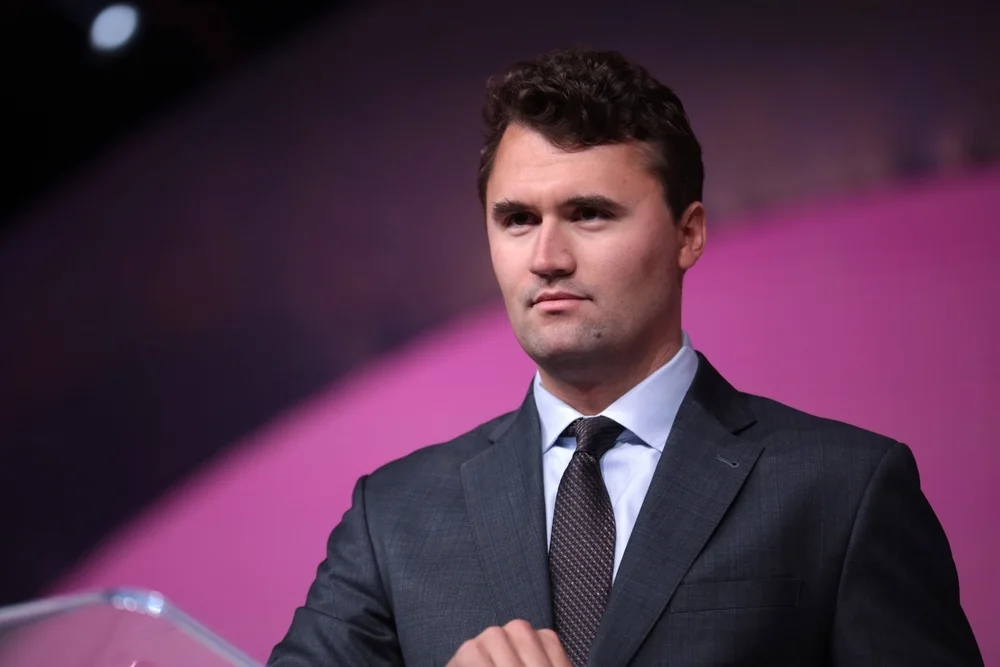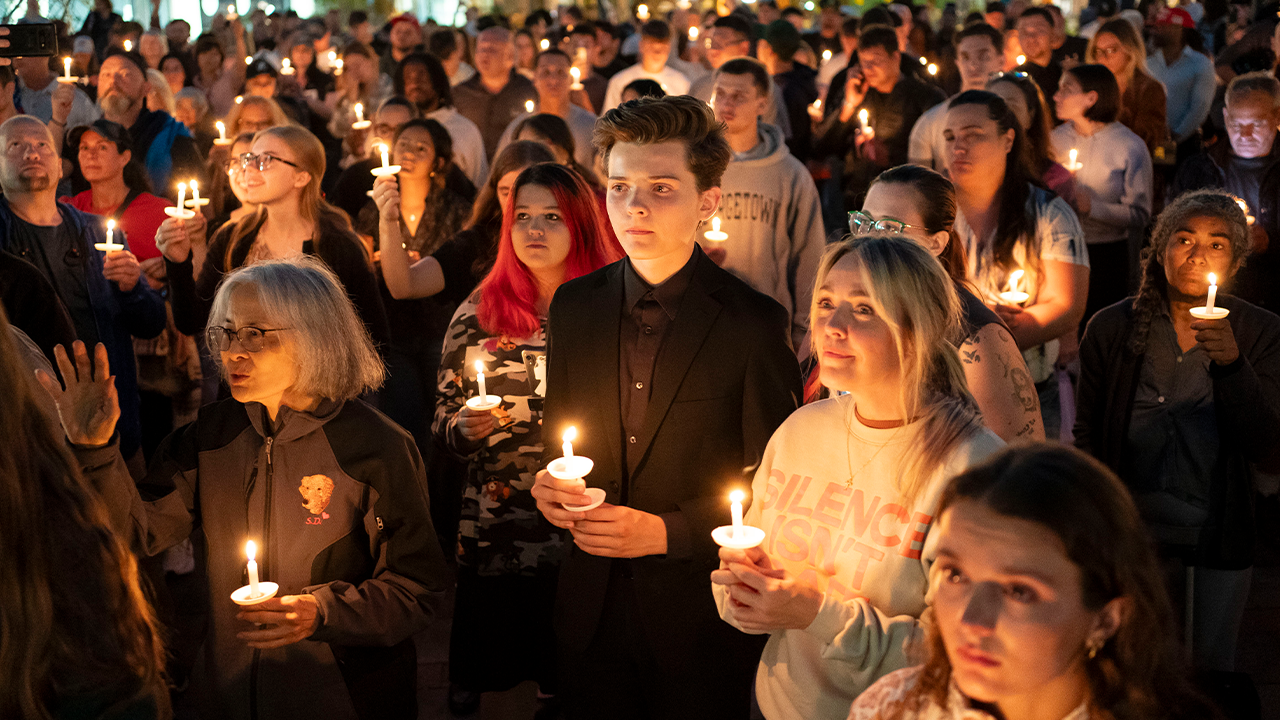
Gen Z may be delaying having a family due to the economy, their personal finances and politics, but there’s also another issue at play: climate change.
In a new survey by renewable energy solutions platform PVFARM, 38 percent of Gen Z said climate change is making them less likely to have children. Newsweek spoke with experts about the correlation.
Why It Matters
Environmental anxiety can play a major role in family planning.
With the amount of carbon dioxide in the atmosphere already 50 percent above pre-industrial levels and the Earth’s land and ocean surface temperature growing by 1.3 degrees Celsius above the 20th-century average, according to Statista, some younger Americans are forgoing the idea of ever having kids at all due to a belief that they won’t have a healthy planet to inherit.
This could have widespread economic and world population effects, impacting entire job markets and political systems.
What To Know
In addition to the 38 percent of Gen Z who say climate change makes them less likely to have kids, 93 percent of Americans admitted they are not “very prepared” for a natural disaster.
The survey of 1,000 U.S. residents also revealed that 45 percent of Americans feel numb to disasters like wildfires and hurricanes, and two-thirds admitted to being stressed about the environment.
“Climate change isn’t an abstract threat for Gen Z. It’s the backdrop of their entire lives,” HR consultant Bryan Driscoll, who specializes in generational differences, told Newsweek.
“When you grow up with wildfires, floods, and record heat waves as normal, it’s natural to question whether bringing kids into that world is responsible. Those fears are well-founded: scientists keep warning the crisis is accelerating, and younger generations are internalizing that.”
Amid increasing climate change concerns, one in seven Americans has already personally experienced a natural disaster, and 78 percent have taken steps to reduce their carbon footprint.
What People Are Saying
Geralyn Fortney, a licensed professional counselor and regional clinic director with Thriveworks who specializes in issues related to fertility and family planning, told Newsweek: “Gen Z individuals are reporting a higher number of overall anxieties than the older generations, and climate change is no exception. One of the core elements of anxiety is fear – and fear of the unknown in this situation might have significantly negative implications in regard to child bearing decisions.”
Driscoll told Newsweek: “The long-term implications are massive. We’re talking about a potential demographic shift, with fewer people choosing to have children not because of personal preference but because of systemic failure to address the climate crisis.”
What Happens Next
Rising sea levels in cities like Miami and New Orleans, in addition to extreme weather patterns, are already disrupting American life and will likely continue to impact family planning for the younger generations.
“These numbers show us that long-term implications are possible, and although it’s too soon to see how this actually manifests in birth numbers, the numbers are alarming,” Fortney said.
“Having children with the world appearing unstable has been a topic amongst this generation – people are grappling with their desire to have children with the fear of having them in an unstable environment.”



